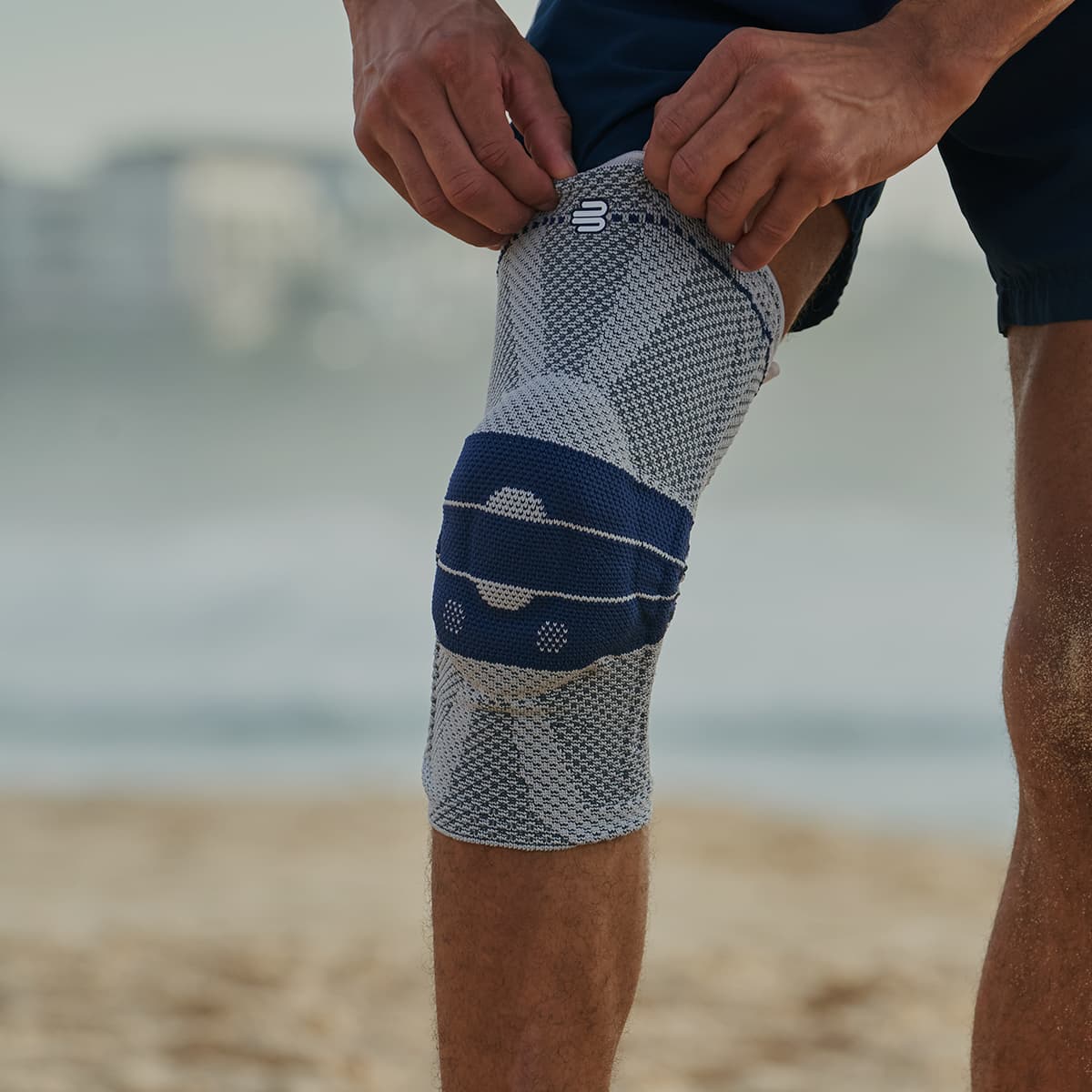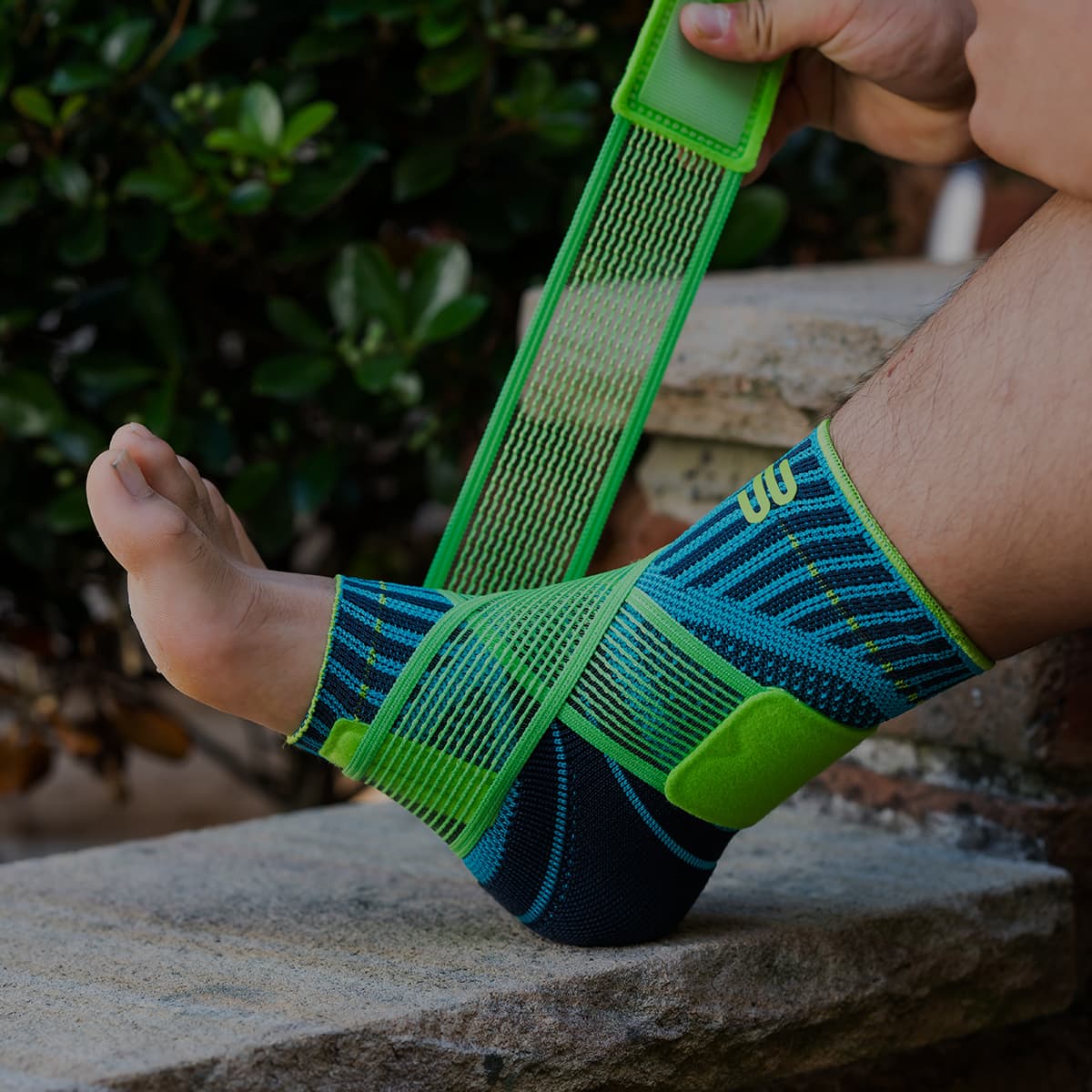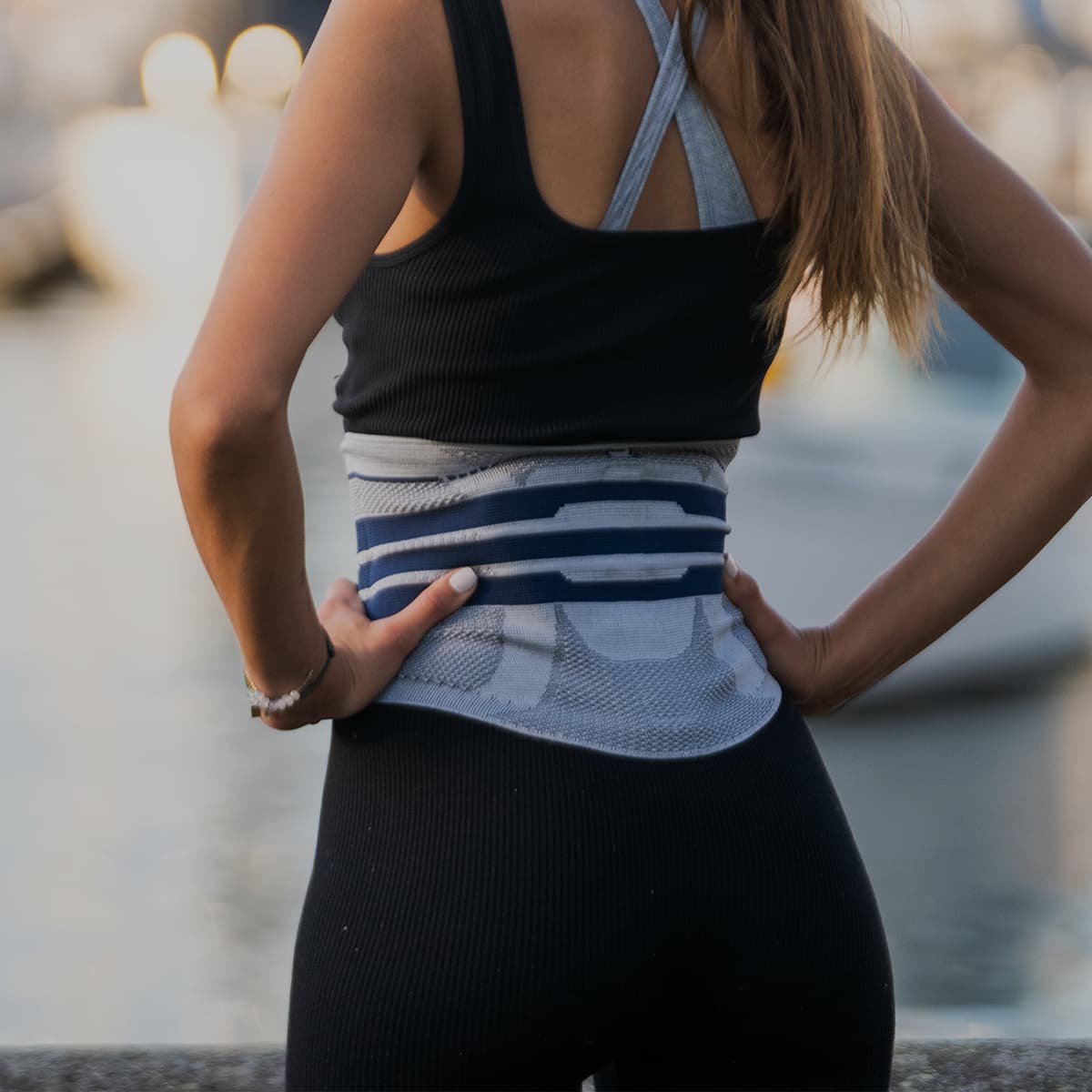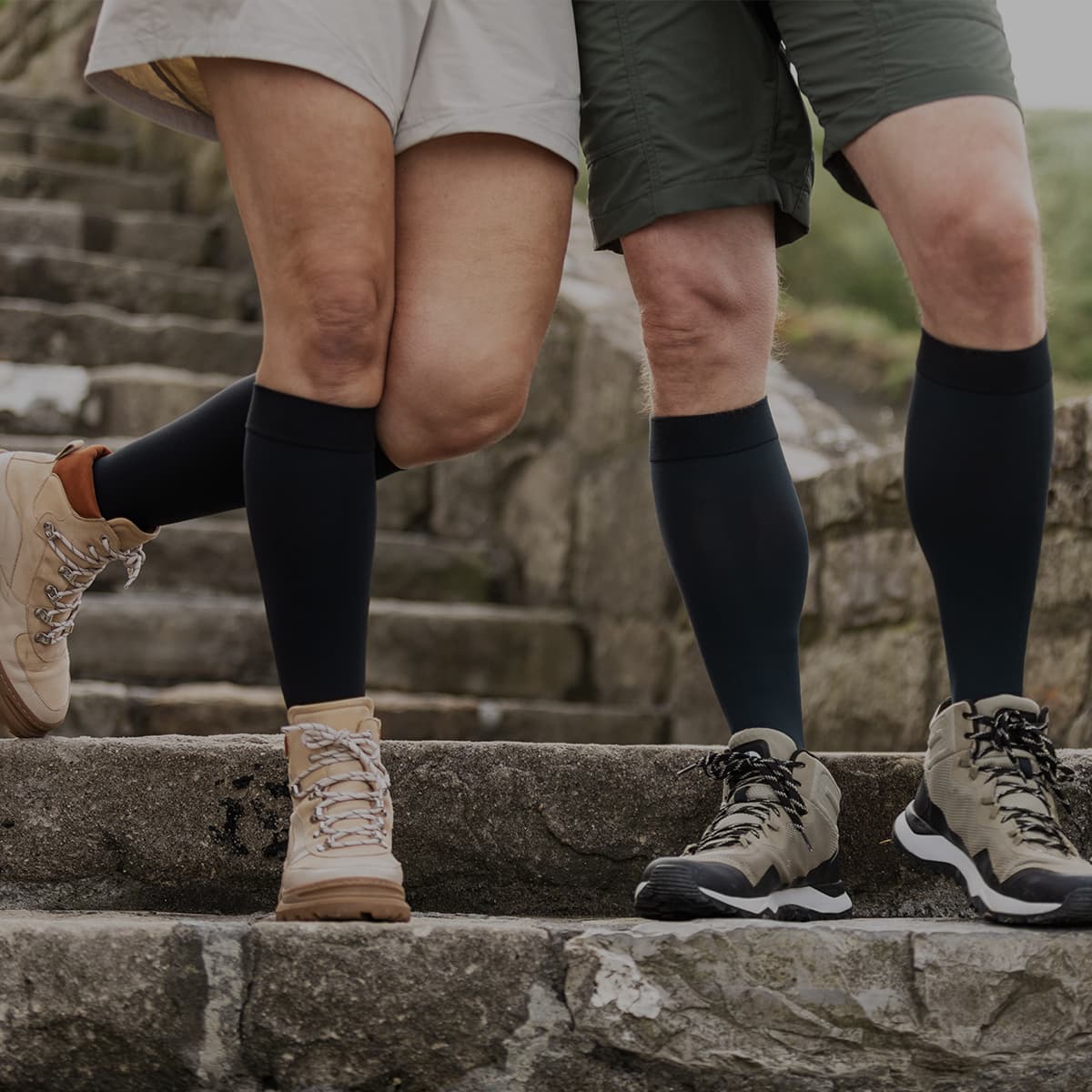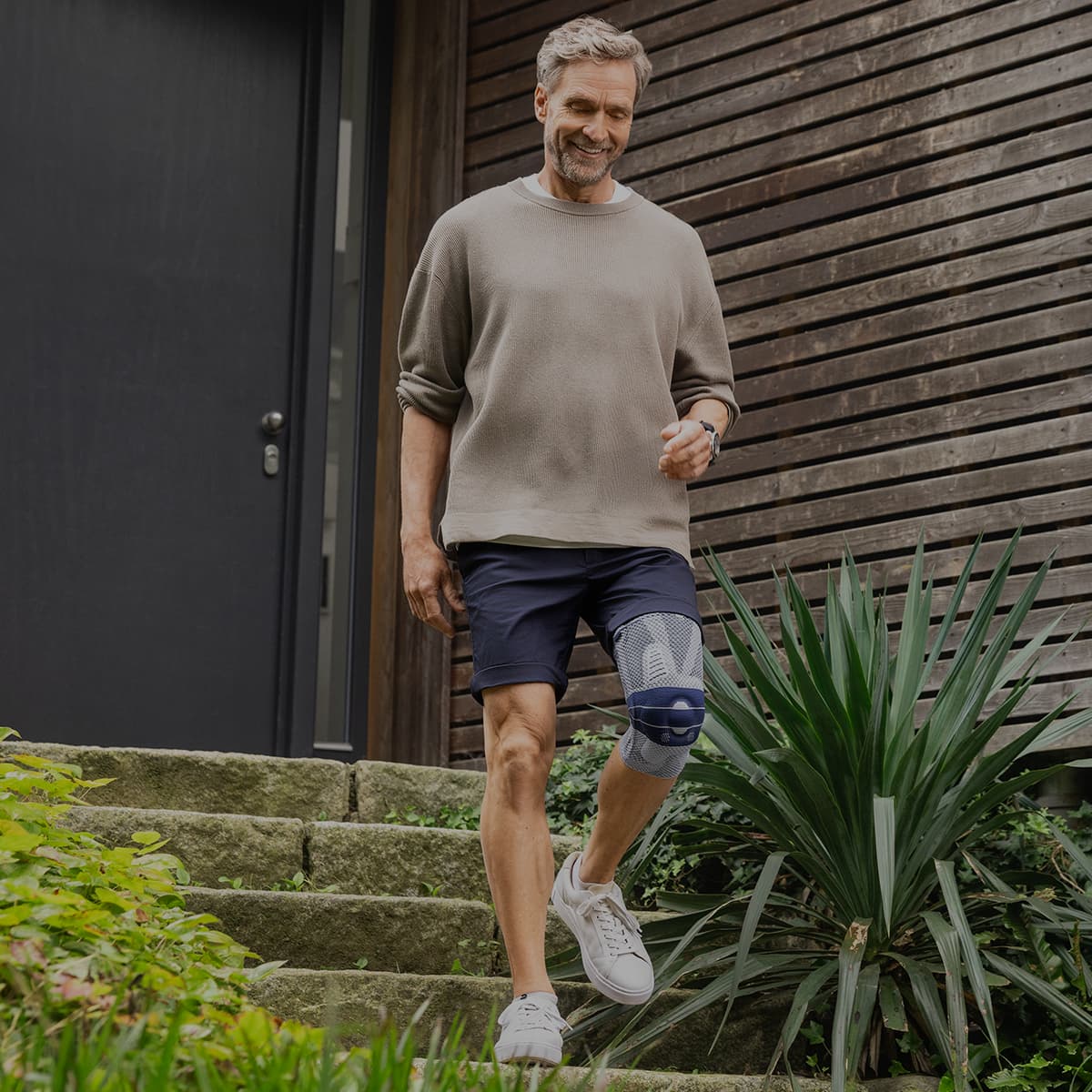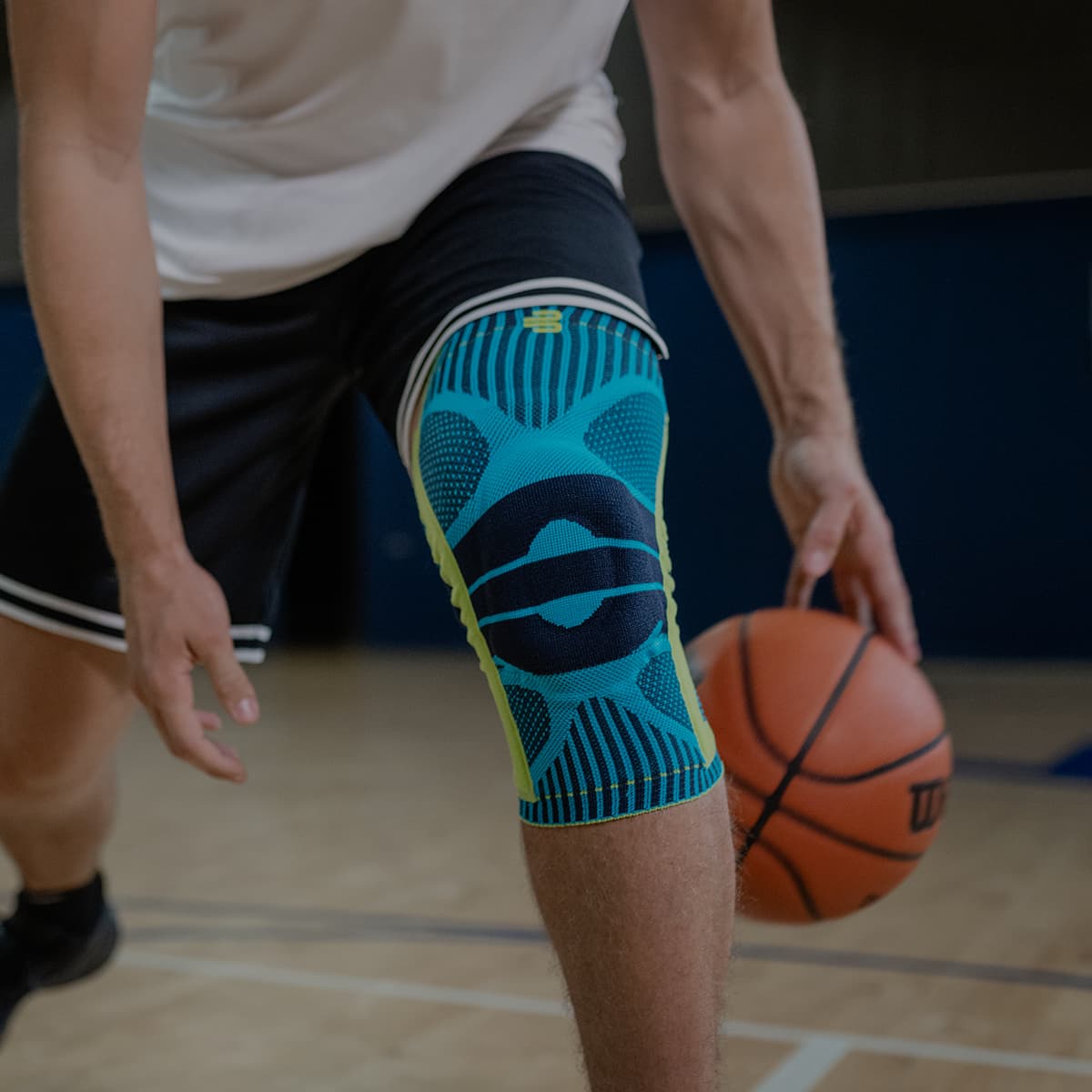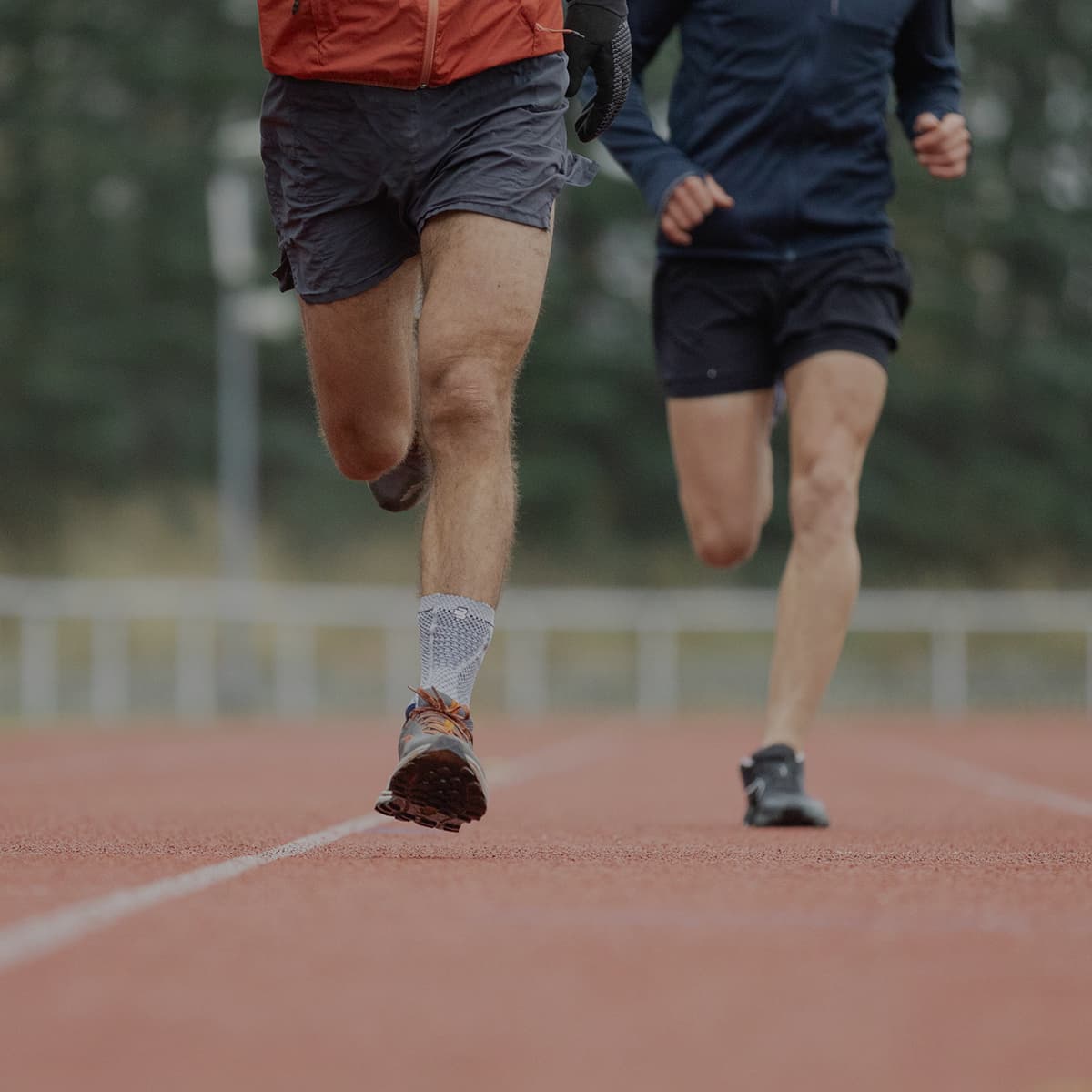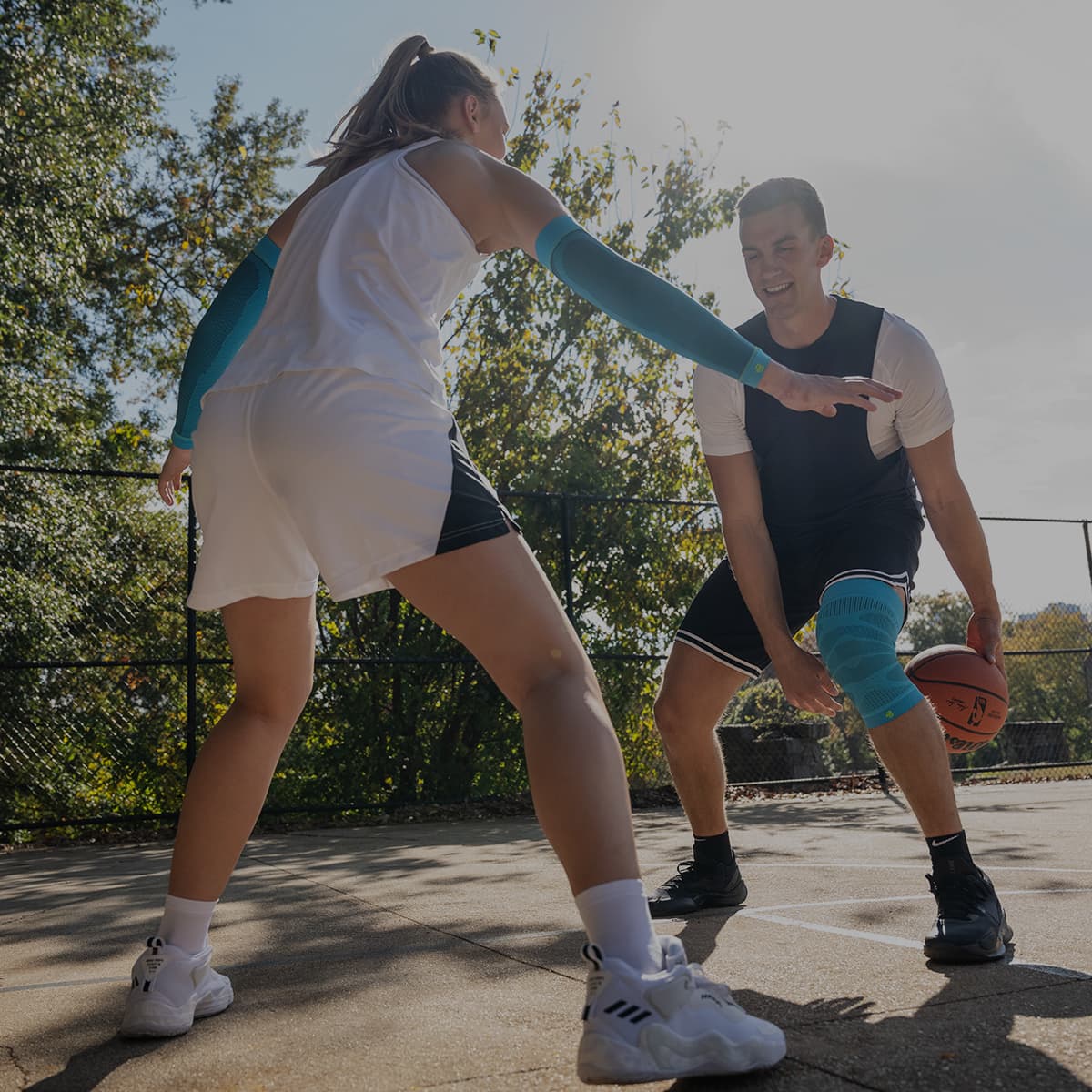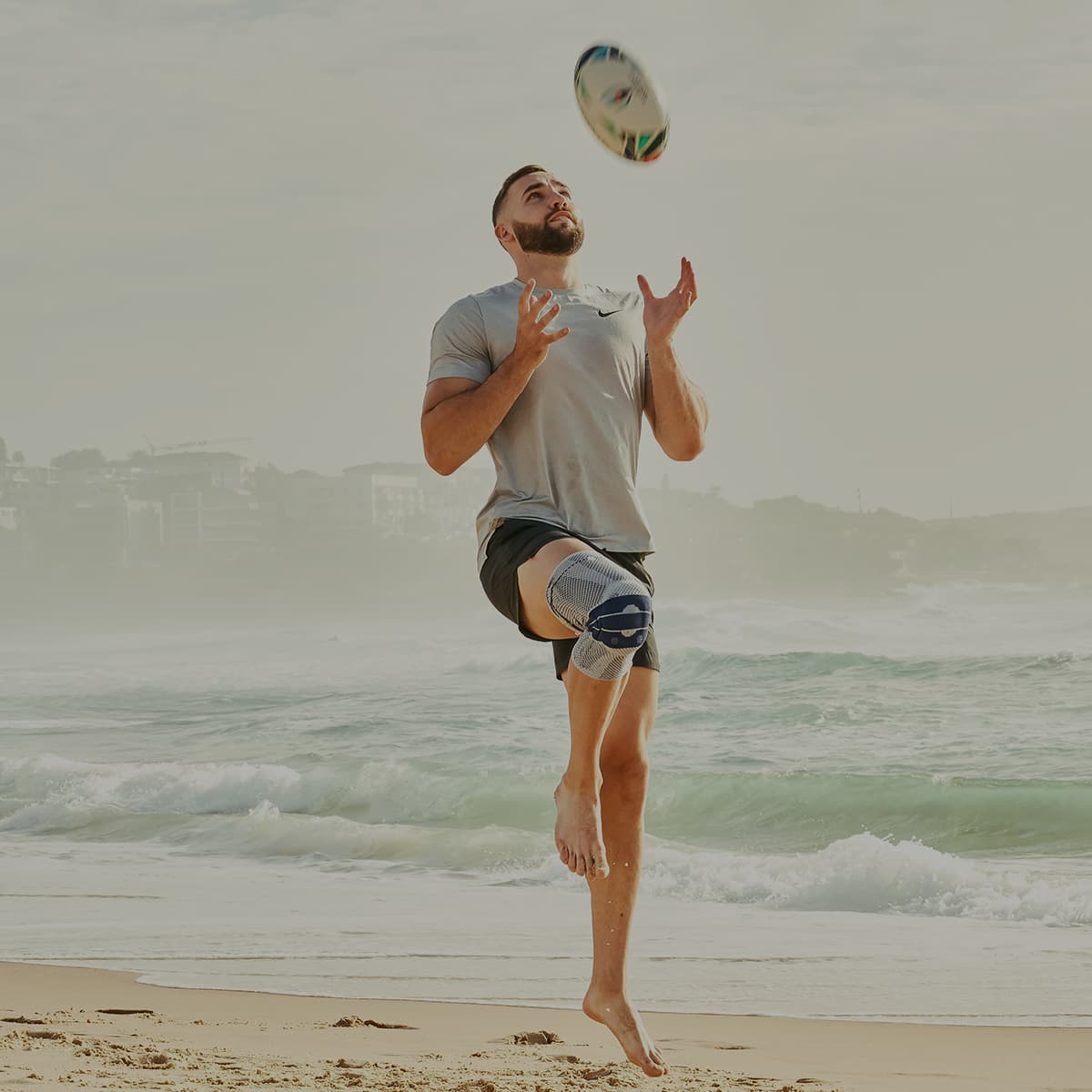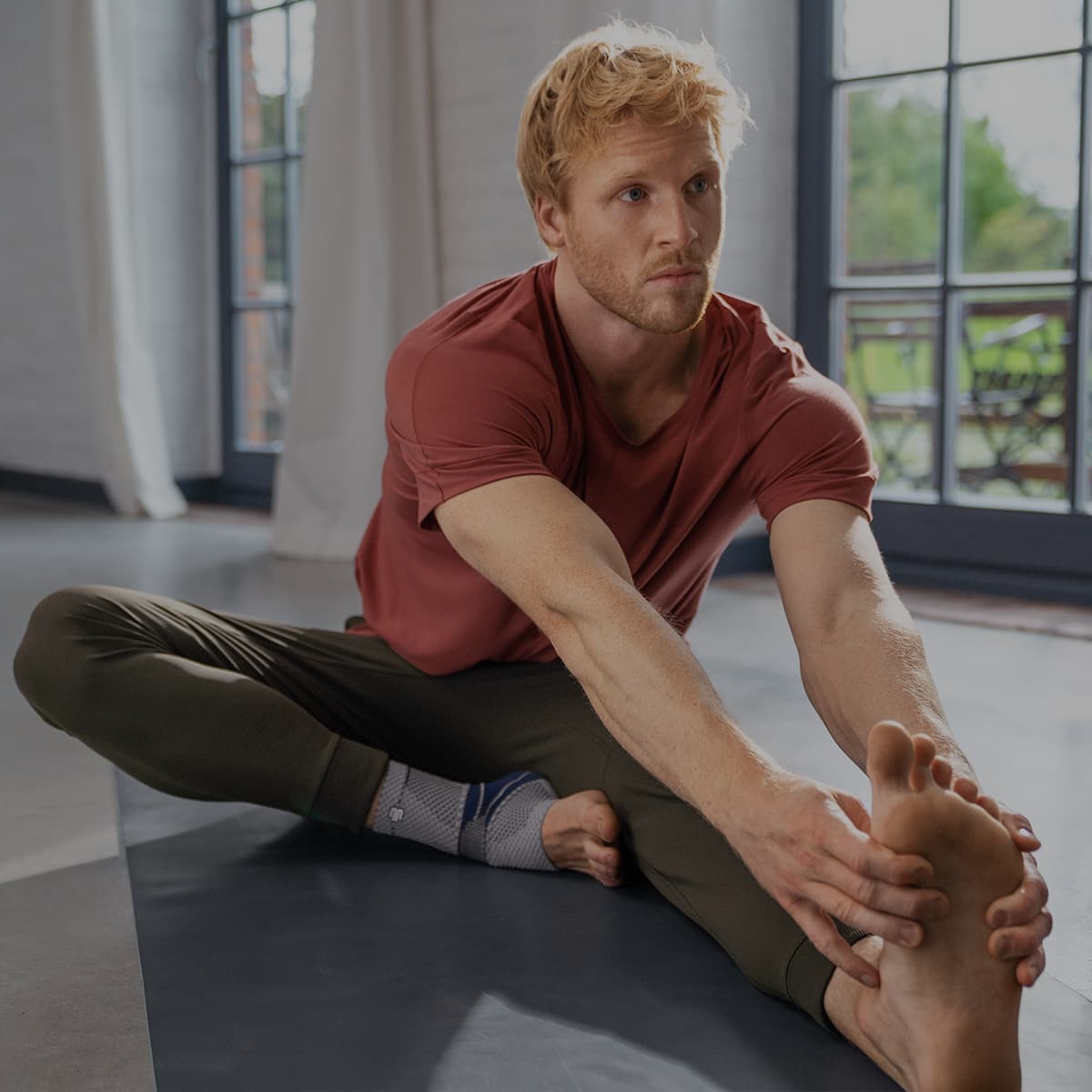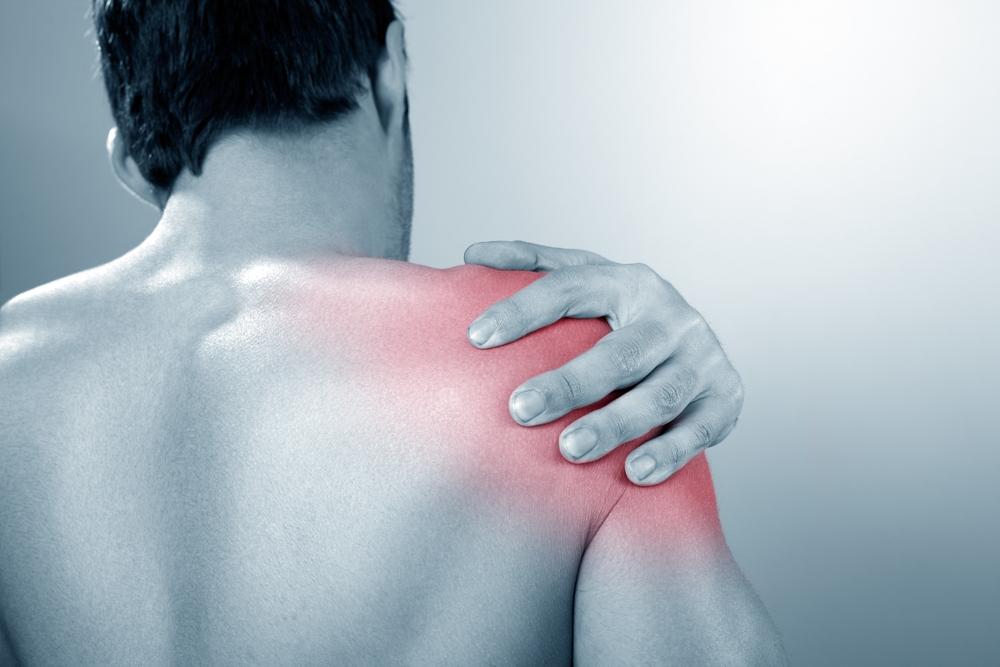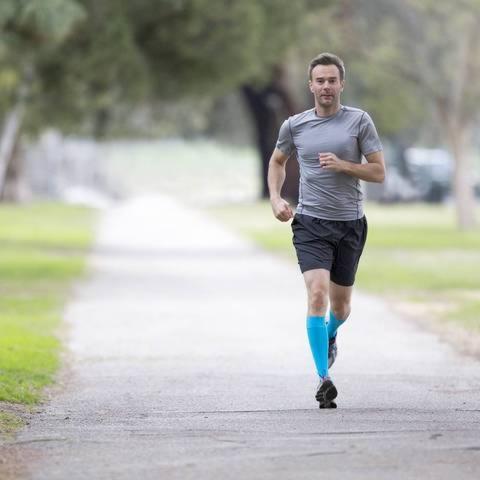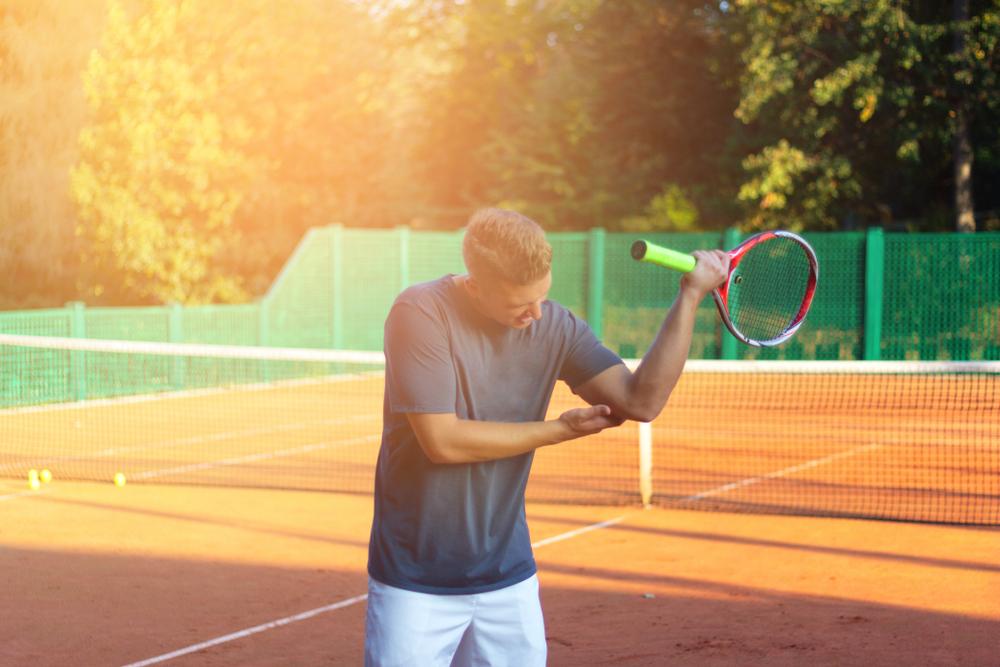A shoulder dislocation occurs when the upper arm bone (humerus) pops out of the shoulder socket (glenoid fossa). The shoulder is the body’s most mobile joint, and the head of the humerus bone is substantially larger than the socket it sits in. Therefore frequent use of the joint, as well as its disproportionate size, are the main reasons why shoulder dislocations are so common.
Interestingly, your shoulder joint can dislocate in three directions:
- Anterior: when the humerus is displaced forward, toward the front of the body. This is the most common, especially while playing sport.
- Posterior: when the top of the humerus is displaced toward the back of the body. This typically occurs in patients who have suffered a seizure or electric shock. It is not very likely.
- Inferior: where the top of the humerus is displaced downwards. This is very unlikely but can occur due to violent trauma.
How does shoulder dislocation occur?
Shoulder dislocation can be caused by physical trauma like sports injuries, accidents and falls. Seizures can also cause a shoulder dislocations as the extreme muscle contractions can pop the humerus out of place. However, the most likely cause of dislocations are sports-related.
Some people are more vulnerable than others, especially if they have suffered previous dislocations. Dislocation requires a high amount of force and is especially common in young men in their twenties who are active. But, it is so common that shoulder dislocation occurs in all ranges of people, regardless of age or gender.

How to treat and prevent shoulder dislocation
Australia is a sporting nation, with sports like rugby, AFL, netball, basketball and soccer all being incredibly popular, the risk of a fall or heavy injury is particularly high in these sports. Dislocating a shoulder is not only frustrating as it takes you out of the game, but repeated dislocation is dangerous and can lead to more serious and chronic problems.
Resting and strengthening the shoulder muscle can help to lower the risk of injury, but the best way to protect the shoulder is to wear support during activity. This ensures you minimise the chance of dislocation while still allowing you to move about and play the sports you love.
While there is a small range of shoulder supports on the market, very few are shown to effectively protect the joint, and most are quite impractical to wear during activity.
Bauerfeind has developed the OmoTrain, a shoulder support that stabilises and protects the shoulder while still allowing for a full range of movement, with a slim design that means it fits comfortably under and clothes or uniforms. Using a special 3-point strap system, medical compression weave and gel support, it keeps the shoulder joint active and promotes blood flow to the muscles and tendons, meaning you can do weight wearing and gym exercises to strengthen the shoulder with it on, and protect yourself while you’re playing sport too.
Protecting the shoulder this way is essential, as repeated dislocations can lead to rotator cuff injuries, bursitis, fractures in the shoulder and nerve damage. With shoulder dislocations being increasingly common in Australia, it’s more important than ever to ensure you’re supported and protected to keep yourself in the best shape and performance, both on and off the field.
Shoulder strengthening exercise
Stability ball push-ups can assist with strengthening and rehabilitating your shoulder joint.
Read more here: Stability ball push-ups
Do you have private health? Most private health extras will cover Bauerfeind Products, check to see if yours is included. Bauerfeind PHI enquiry.
Bauerfeind products are developed at our innovation and manufacturing facility in Zeulenroda, Germany. Based on years of scientific research, our award-winning braces and support garments are highly recommended by medical professionals and athletes worldwide.
For assistance selecting the right product for your needs, book a video consultation with a Bauerfeind expert: Book Video Call, or call us on 1300 668 466

